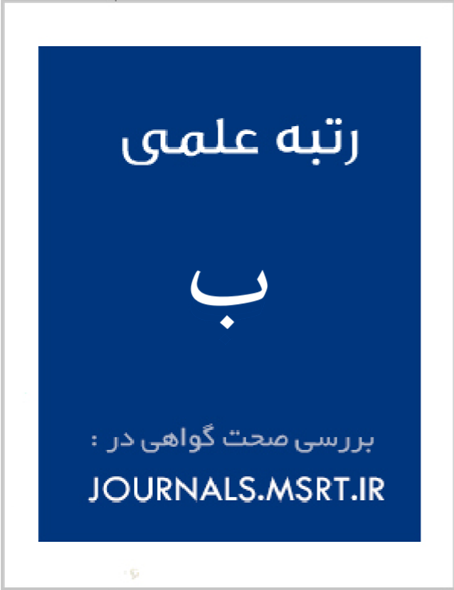An Empirical Analysis of Role Conflict Among Young Clerics Between Religious Duties and Social Ethical Expectations
Keywords:
Role conflict, young clerics, religious identity, social ethics, qualitative research, thematic analysisAbstract
This study aims to empirically analyze role conflict among young clerics between religious responsibilities and the ethical expectations of contemporary Iranian society. This research employed a qualitative approach using thematic analysis. Data were collected through semi-structured interviews with 23 young clerics residing in Tehran. Participants were selected purposefully, and interviews continued until theoretical saturation was achieved. NVivo 12 software was used for data coding and analysis. Themes were extracted and organized through open and axial coding processes. Data analysis revealed three major themes: "pressures of role conflict," "coping strategies," and "consequences of conflict." Subthemes included tensions between religious and social expectations, identity fragmentation, redefinition of role, occupational burnout, and shifting preaching styles. Participants responded to role conflict in diverse ways—ranging from passive silence to adaptive flexibility or conscious role reinvention. Role conflict among young clerics is a complex, multidimensional phenomenon with significant psychological, identity-related, and professional implications. Without institutional and educational reform, the persistence of these conflicts may undermine the legitimacy and functionality of the clergy in modern society.
Downloads
Downloads
Published
Submitted
Revised
Accepted
Issue
Section
License

This work is licensed under a Creative Commons Attribution-NonCommercial 4.0 International License.


